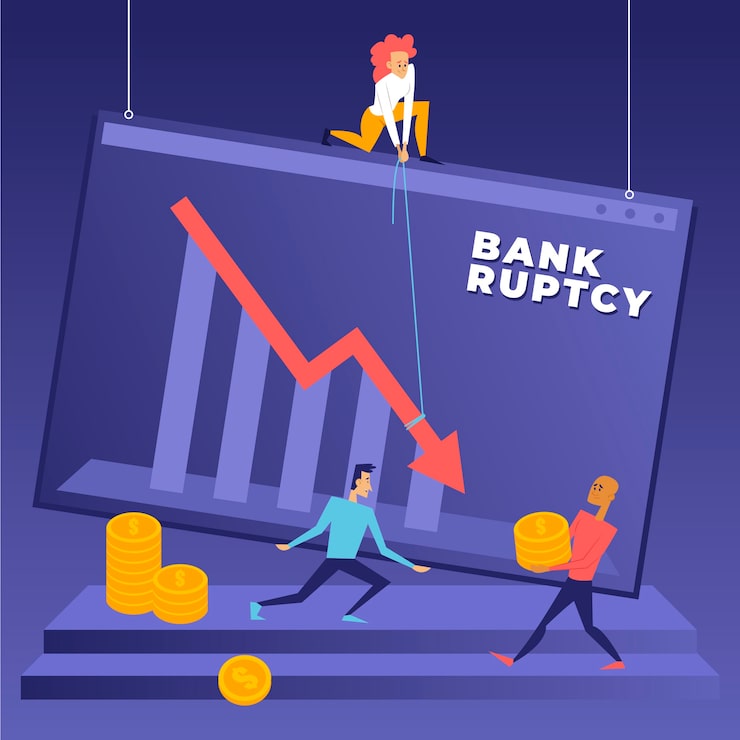Alright, let’s just cut through the fancy talk. If you want to get ahead with your money, you gotta get your head around financial assets. Seriously, whether you’re stashing away cash for a rainy day, sitting in a boardroom sweating over numbers, or just hoping your retirement account isn’t a dumpster fire—financial assets are right at the heart of it all.
So… What the heck is a “financial asset,” anyway?
Good question. Think of it like this: it’s something you own that’s worth money, but not like your grandma’s antique vase or that busted-up car in your driveway. We’re talking about stuff that’s more like a promise—something that says, “Hey, you might get paid in the future.” You can’t touch a stock or a bond, but they’re valuable because they say someone owes you cash (hopefully).
If you own a piece of a company (stock), you’re not entitled to a chunk of the CEO’s office furniture, but you do have a claim on some of the profits. Bonds? That’s basically you loaning money to someone—like a corporation or the government—and they promise to pay you back with a little extra for your trouble. Pretty sweet, if they actually pay.
Here’s what usually counts as financial assets:
- Stocks (a little slice of a company)
- Bonds (IOUs from companies or Uncle Sam)
- Bank accounts (checking, savings, whatever)
- Mutual funds (a money smoothie)
- CDs (not the music kind, the bank kind)
- Retirement accounts (401(k), IRA, etc.—future-you’s lifeline)
Most of these are pretty easy to turn into cash, so if you need money fast, you’re not totally stuck.
Types of Financial Assets—Yeah, There’s a Few
- Cold, Hard Cash (or the digital kind) Stuff sitting in your checking or savings account. Or short-term things like Treasury bills. Super safe, but don’t expect to get rich off the interest. It’s basically the mattress money of the financial world.
- Stocks (aka, Equities) You buy these, you own a piece of the action. If the company does well—cha-ching! If it tanks, well… sorry. High risk, high reward, lots of drama.
- Bonds (Debt Stuff) You’re the lender, they’re the borrower. Less risky than stocks, but also less exciting. Think of it as the sensible shoes of investing.
- Mutual Funds & ETFs Can’t pick a single stock? No problem. These things take a whole basket of assets and let you own a piece of the pie. Great for folks who don’t want to sweat over every single investment.
- Retirement Accounts IRAs, 401(k)s, pensions—the “don’t touch this until you’re old” crowd. Usually come with some tax perks. Future-you will thank you. Or not, depending on how the market’s feeling.

Why Should You Even Care?
Look, financial assets are basically how people keep their money working for them (instead of under a mattress, gathering dust). They’re super important because:
- You can turn ‘em into cash if you need to. (Try that with a house—good luck.)
- They can grow. Sometimes a lot. Sometimes not. But there’s potential.
- Spreads out your risk if you mix it up (fancy word: diversification).
- Some pay you while you own them (bonds, dividend stocks—hello, passive income).
- Good for passing down to your kids, if you’re into that sorta thing.
But Wait—It Ain’t All Sunshine and Rainbows
Don’t let anyone tell you it’s all upside. There’s risk. Sometimes a lot of it.
- Market Risk: Stocks and bonds go up and down. Sometimes it feels random. Sometimes it is.
- Credit Risk: With bonds—what if the company just… doesn’t pay you back? Oops.
- Inflation Risk: If prices go up and your money doesn’t, you’re basically losing out.
- Liquidity Risk: Some stuff is just hard to sell fast. You might have to take a loss if you need cash quick.
Bottom line? Don’t toss all your eggs in one basket, and don’t invest in stuff you don’t get.
How do you actually do this in real life?
Here’s the lowdown:
- Know your goals. Seriously, are you saving for a house, a trip, retirement, or just a killer taco night? Your plan depends on it.
- Mix it up. Don’t just buy one thing. Spread the love (and the risk).
- Check your risk tolerance. If losing sleep over the stock market isn’t your thing, maybe cool it on the risky stuff.
- Keep an eye on things. Life changes, markets change. Don’t set it and forget it forever.
- Ask for help. No shame in calling in the pros. A decent financial advisor can save you from dumb mistakes.
Conclusion
Money stuff is complicated—yeah, I said it. But honestly, if you don’t have at least a basic grip on financial assets (stocks, bonds, mutual funds, 401ks, the whole circus), you’re kinda flying blind. These things? They’re like your toolkit for making sure you’re not eating ramen noodles forever.
You gotta learn to play defense and offense—spread your bets, dodge the dumb risks, and actually match your money moves to your real-life dreams (not just what TikTok says is hot this week). That’s how you build up some serious cash and don’t freak out every time the market sneezes.
Look, whether you’re clueless and just opening your first savings account or you’re juggling a bunch of investments like a Wall Street wannabe, understanding financial assets is the cheat code to long-term wealth. Ignore it if you want… just don’t whine when you’re broke later.






Leave a Reply